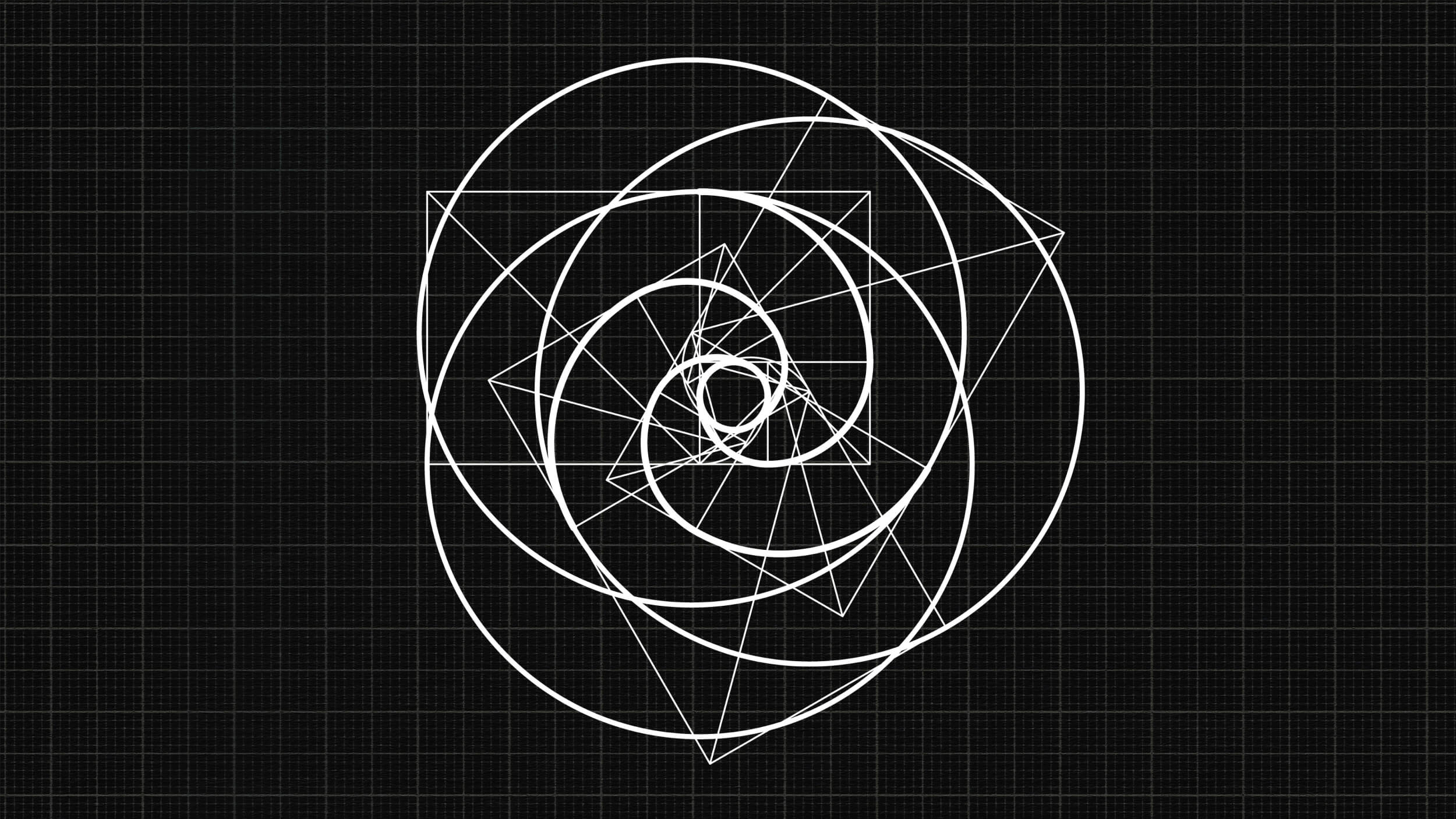Dr. Neale Martin is an expert in consumer behavior, customer satisfaction, and bridging the gap between new technologies and markets. As a consultant and executive educator, he has spent the[…]
Sign up for the Smarter Faster newsletter
A weekly newsletter featuring the biggest ideas from the smartest people
Neal Martin says the number goal is the habitual mind.
Question: What’s the difference between an executive and a habitual mind?rnrnMartin: The distinction between tapping into the executive mind versus the habitual mind, it’s not that the executive mind is unimportant, it’s very important. A lot of times we do conscious processing at the [far] end of the decision, but the unconscious mind is much more influential than we had originally understood. And this is something that when we talk about trying to tap into that, it’s really tricky, because if I go up and I ask you, you know, why did you, you know, pick this restaurant, you’re under the… you know, the customer is under the exact, same misunderstanding as the marketer that the customer assumes that it was a conscious decision, and the customer assumes that they had a good reason and they make one up. They make one up right when you ask them, and the conscious brain is like the husband that wants to take credit for everything that the wife is doing. You know, it’s like, you know, just assumes that somehow, you know, I must have had a conscious reason for doing this. But the reality is, you know, it may have been the whole [IB] you know, this restaurant versus this restaurant, it was a right-hand turn. You know, the other restaurant is a left-hand turn across traffic and, you know, that’s just, you know, for some reason, I prefer to avoid that. And then, once I did that right-hand turn two or three times, then that right-hand turn became automatic. So, the idea that I’m going to get across is, yes, you want to understand what’s going on with the executive mind but you really want to recognize that your success is going to come from winning the habitual mind. I don’t think about what search engine I’m going to use. I don’t go, hmm, I wonder which one is best? I wonder, has someone come up with a new search engine that I… I Google. I mean, it is like whatever I think, I Google, it’s that. You know, if I want to look up something, I Wiki. It’s that. You know, can somebody else come up with a different one? Yes, but for them to win me, they’ve got to help me build a new habit. They’ve got to get that the thing that I do before I go to Wiki or before I go to Google, and that’s the real competitive battlefield. Then that’s the thing that I think most companies don’t understand and they continuously think, oh, I have a better product, you know, I have a better, you know, widget. I have a better, you know, I have a better search engine. And they get shellacked. But they get shellacked because they don’t understand that they’ve got to overcome this amount of inertia that has come from the number of times people have repeated that decision in the past.
▸
2 min
—
with





